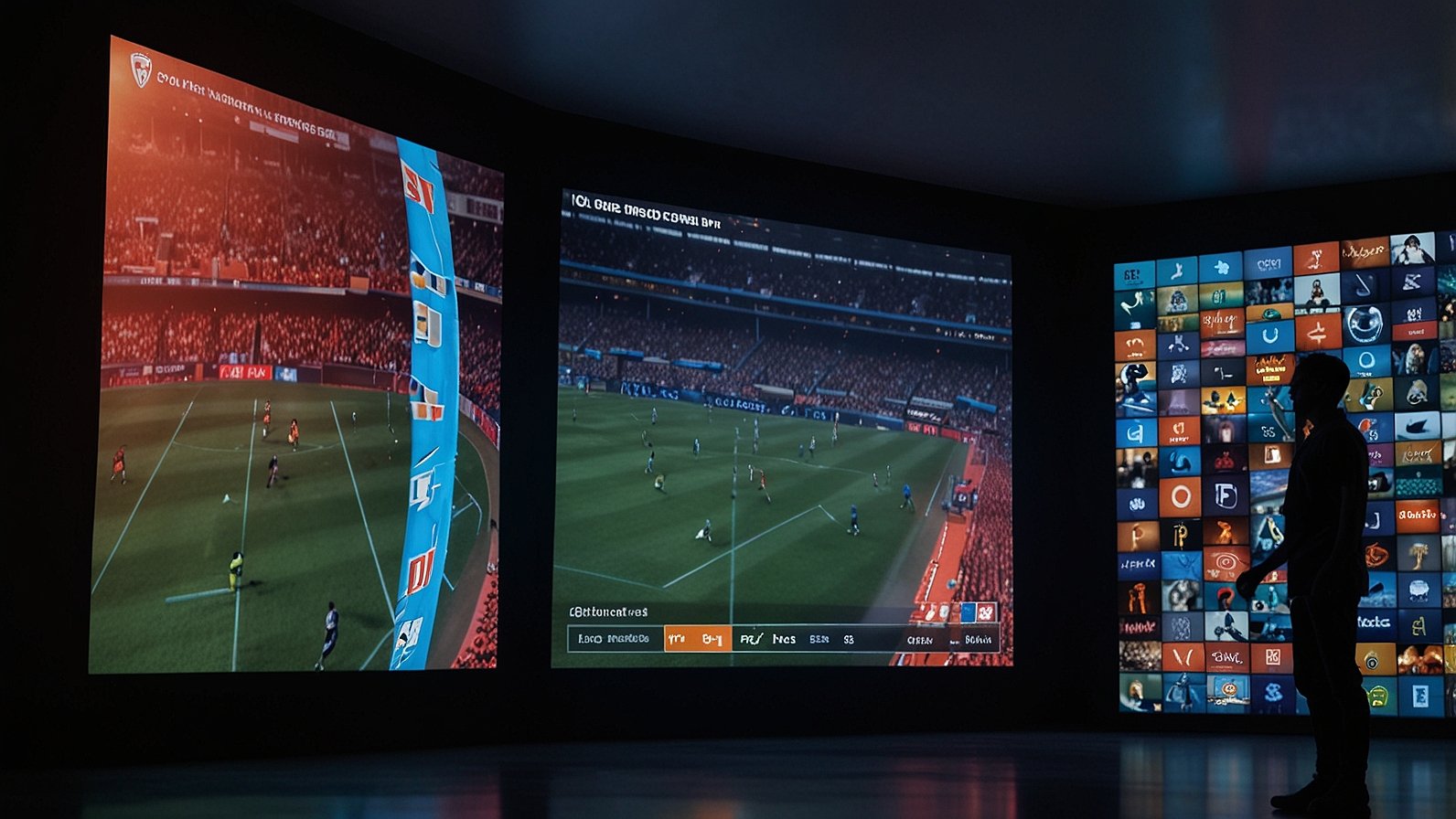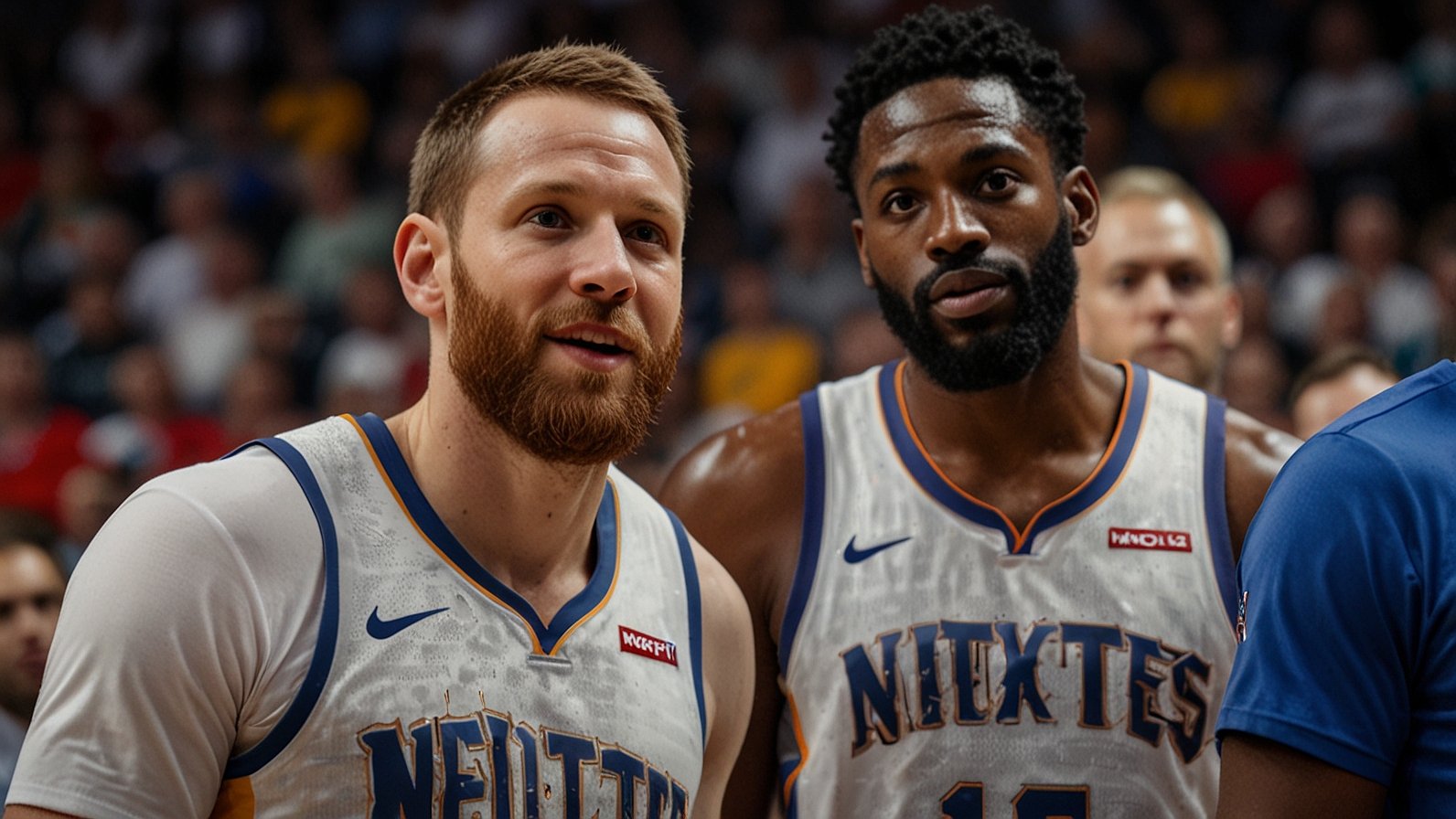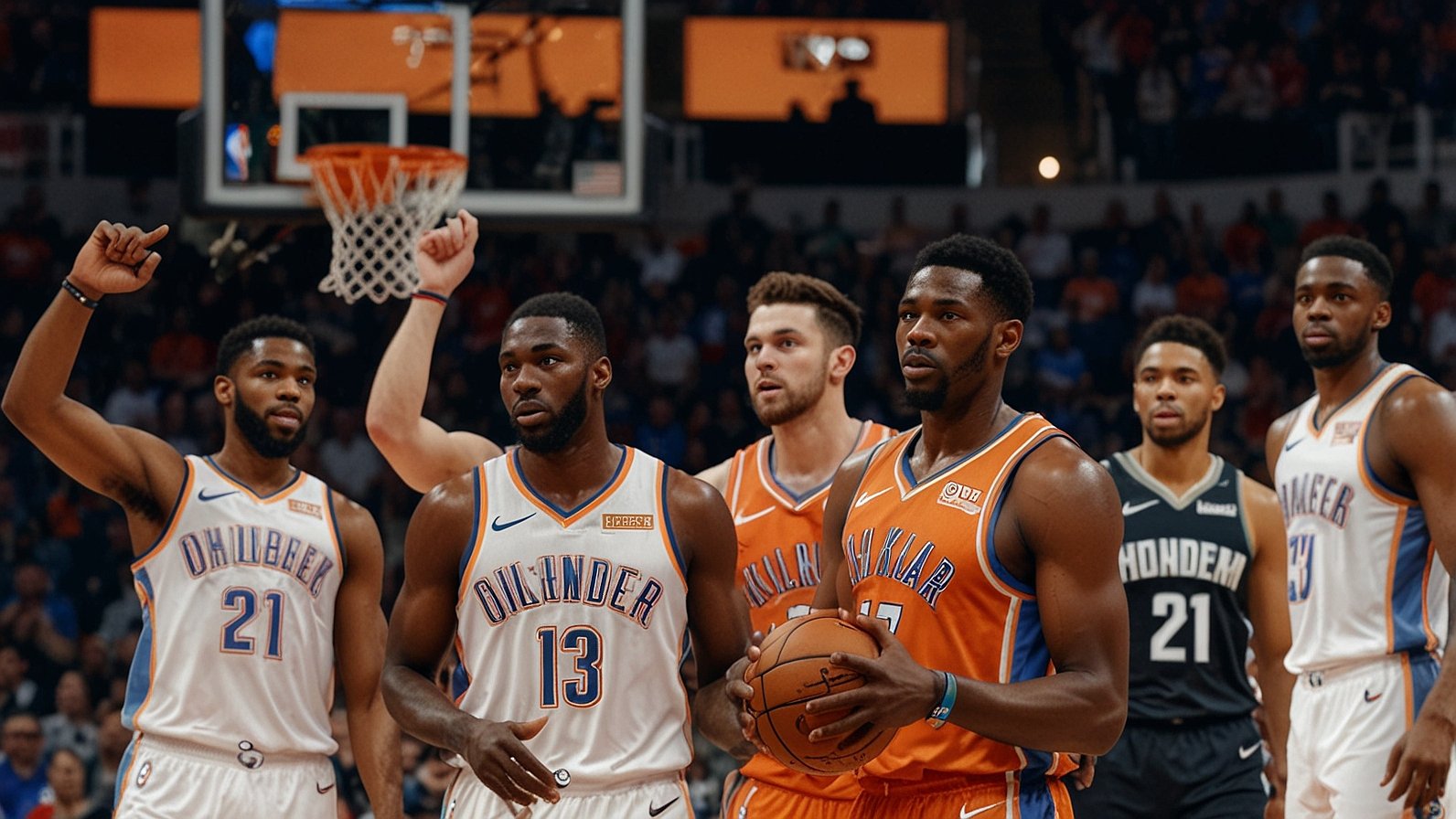Picture this: It’s the fourth quarter, game seven, and the score is tied. Your heart is pounding. You scramble to find the game, but it’s locked behind a pricey paywall on a service you don’t have. A quick internet search later, and you’ve landed on a site called Crackstreams 2.0. The stream is surprisingly clear, the game is live, and it’s free. It feels like you’ve won. But have you? What you’ve actually found is a high-stakes game of digital cat and mouse, where you might be the mouse.
This is the reality for millions of sports fans seeking free access to premium events. “Crackstreams 2.0” isn’t a single, stable website but a name that has come to represent an entire revived ecosystem of unauthorized streaming sites. They rise from the ashes of their shuttered predecessors, offering a tempting—but deeply flawed—solution for cord-cutters and international fans. This article pulls back the curtain on this shadowy world, explaining how it works, why it’s so risky, and how you can safely enjoy the games you love.
What Exactly Is Crackstreams 2.0?
To understand “2.0,” we first have to look back. The original Crackstreams was a notorious player in the world of illegal sports streaming, gaining a massive following for its reliable links and wide coverage of UFC, NFL, NBA, and other major events. However, like all such sites, it eventually succumbed to the relentless pressure of copyright enforcement lawsuits and domain seizures by authorities and leagues.
The name “Crackstreams 2.0” is a brand-new coat of paint on a very old car. It’s a label adopted by a new generation of copycat sites that have sprung up to fill the void. They mimic the original’s look, feel, and name recognition to quickly attract a user base. Think of it like a popular restaurant closing down, and immediately, several new pop-up spots open on the same block with a similar menu and a nearly identical name. They’re not the original, but they’re hoping you’ll believe they are.
The core offering remains the same:
- Free access to live PPV events, premium sports channels, and niche leagues.
- A seemingly endless array of links for every game imaginable.
- A user interface that is functional, though often cluttered with aggressive advertising.
These sites don’t produce their own content; they are aggregators. They scour the internet for live streams being broadcast from other sources (often from users streaming from their own homes) and then centralize those links on their platform.
The Allure: Why Viewers Are Tempted
It’s not hard to see the appeal. The value proposition is incredibly seductive, especially when legitimate options feel complicated or expensive.
• The High Cost of Legitimate Access: To get every game from every league, a fan might need subscriptions to YouTube TV, ESPN+, NBA League Pass, NFL Sunday Ticket, and a VPN for blackouts. The monthly cost can easily exceed a cable bill, which is what many were trying to escape in the first place.
• Geographic Restrictions (Blackouts): A fan living in a city might be unable to watch their local team on the national streaming service they pay for due to archaic blackout rules. This frustration directly drives viewers to seek alternatives that have no such restrictions.
• The “Just One Game” Mentality: Many users tell themselves they are only using these sites for a single big pay-per-view event they don’t want to pay $80 for. The perceived low risk for a high reward is a powerful motivator.
For these reasons, sites operating under the Crackstreams 2.0 banner see massive traffic spikes during major sporting events. They solve an immediate, painful problem for the viewer, making the long-term risks easy to ignore.
The Hidden Dangers of Using Crackstreams 2.0
While the stream might be free, the true cost of using these platforms can be steep. Here’s what you’re really risking when you click “play.”
Legal Repercussions: It’s Not a Grey Area
Streaming copyrighted content without a license is illegal in most countries, including the United States. While individuals are less frequently targeted than the site operators themselves, it is not impossible. Users have received warnings from their Internet Service Providers (ISPs) and, in rare cases, faced fines. The legal risk, however, is just the tip of the iceberg.
Malware and Cybersecurity Threats
This is the most immediate and common danger. These sites are funded by advertising, and they are not discerning about their advertisers.
- Malicious Ads (Malvertising): A single misclick on a pop-up ad can lead to a drive-by download, installing viruses, spyware, ransomware, or keyloggers onto your device without your knowledge.
- Phishing Scams: Pop-ups often mimic system warnings from your computer or browser, tricking you into calling a fake tech support number or entering personal information.
- Data Harvesting: Your IP address, location, and browsing data are valuable commodities that can be collected and sold to third parties.
Common Threats on Unauthorized Streaming Sites
| Threat Type | How It Works | Potential Consequence |
|---|---|---|
| Malvertising | malicious code hidden within an ad | ransomware locking your files, stolen passwords |
| Phishing Pop-ups | fake alerts claiming your device is infected | identity theft, financial fraud |
| Data Tracking | scripts that log your IP and activity | targeted ads, sale of your data to brokers |
| Unvetted Links | redirects to other dangerous sites | further exposure to more threats |
Unreliable and Frustrating User Experience
Beyond the danger, the user experience is often terrible. Expect:
- Constant buffering and stream lag, especially during critical game moments.
- A barrage of pop-up and pop-under ads that make navigation a nightmare.
- Streams being taken down mid-game, forcing you to hunt for a new link.
- Chat boxes filled with spam, bots, and toxic commentary.
The promise of a free, high-quality stream is often a mirage. The frustration can ruin the viewing experience you were trying to create.
The Inevitable Takedown: A Short-Lived Solution
The history of piracy is a history of disruption. The business model of Crackstreams 2.0 and its clones is fundamentally unstable. Major sports leagues (NFL, NBA, UFC, etc.) and media conglomerates invest billions in broadcasting rights. They protect that investment aggressively with dedicated anti-piracy teams.
Their enforcement strategies are effective:
- Domain Seizures: Authorities can seize a site’s domain name, making it inaccessible.
- ISP Blocking: Courts can order internet providers to block access to known pirate sites at the network level.
- Server Takedowns: The physical servers hosting the content can be raided and shut down.
- Legal Action Against Operators: The people running these sites face severe financial penalties and even jail time.
This is why these sites constantly hop from one URL to another, using different domain extensions (.net, .io, .biz) and promoting themselves on social media and forums. They are always on the run. The site you use today could be gone tomorrow, along with any bookmarks or trust you placed in it.
Safe and Legal Alternatives to Free Streaming
The good news is that you don’t have to choose between breaking the law and breaking the bank. Plenty of legal and safer options provide quality sports coverage, often for less than you think.
Free Trial Hopping: Many legitimate services offer generous free trials. You can strategically use trials from services like YouTube TV, Hulu + Live TV, FuboTV, or Sling TV to cover a major playoff series or a month of football.
League-Specific Passes: If you’re a fan of one specific league, their direct streaming pass is often the most cost-effective option. Examples include NBA League Pass, NFL Sunday Ticket (now on YouTube), and MLB.TV. Watch for student discounts or special offers.
Free Ad-Supported Platforms: Services like Pluto TV, The Roku Channel, and Xumo Play offer live, legal sports channels featuring classic games, highlights, and even live events from smaller leagues, all for free with ads.
Antenna for Local Channels: A one-time purchase of a digital HD antenna can give you free, crystal-clear access to local broadcast channels like CBS, Fox, and NBC, which air a huge number of NFL games, college sports, and more.
Sharing Subscriptions: Some premium services allow you to share an account with family or friends who live elsewhere, splitting the cost multiple ways. Always check the terms of service first.
3 Actionable Tips to Stay Safe Online Today
- Invest in a Reputable VPN (Virtual Private Network): If you are determined to explore the darker corners of the web, a VPN is non-negotiable. It encrypts your internet traffic and hides your IP address, adding a crucial layer of security between you and malicious actors. However, remember it doesn’t make illegal streaming legal; it just makes it more secure.
- Use Robust Ad-Blockers and Security Software: Ensure you have a reliable ad-blocker browser extension and comprehensive antivirus/anti-malware software installed and updated on all your devices. This is your first line of defense against malicious ads.
- Practice “Click Hygiene”: Be paranoid. Don’t click on any pop-ups, flashy “download” buttons, or fake “play” icons. If a site asks you to disable your ad-blocker or download a special “video player,” close the tab immediately.
Conclusion: The Final Whistle
The saga of Crackstreams 2.0 is a modern digital parable. It highlights the constant tension between consumer demand for accessible content and the industries that work to monetize and protect it. While the temptation of a free stream is powerful, the associated risks—from legal trouble to devastating malware—are far too great for the average fan.
The smarter, safer play is to explore the growing number of flexible and affordable legal streaming options. You protect your devices, your personal data, and your peace of mind, all while supporting the leagues and athletes you love. The best victory isn’t a free stream; it’s enjoying the game without looking over your shoulder.
What’s your go-to method for watching sports? Have you found a legal service that offers great value? Share your thoughts and recommendations below!
You May Also Read: San Siro Roars, Marakana Trembles: The Eternal Drama of Inter vs. Estrella Roja
FAQs
Can I get in legal trouble for just watching a stream on Crackstreams 2.0?
While most enforcement targets the operators, users are not immune. In some jurisdictions, simply accessing copyrighted content without permission is a violation of the law and could result in a warning from your ISP or, in rare cases, a fine.
Is using a VPN with these sites completely safe?
A VPN hides your activity from your internet provider and masks your IP address, significantly increasing your privacy and security. However, it does not change the legality of streaming copyrighted material. It also does not protect you from clicking on a malicious link or ad on the site itself.
Why does my antivirus software flag these streaming sites?
Your antivirus is doing its job! It flags these sites because they are known to host malicious advertising (malvertising), phishing scams, and other scripts designed to harm your computer or steal your data.
Are there any truly free and legal streaming options for live sports?
Yes! Platforms like Pluto TV, The Roku Channel, and others offer free, ad-supported live channels that broadcast sports, including live games from leagues like the NFL (via their free channel), and plenty of classic games and highlights. Local broadcast channels accessed with an antenna are also free and legal.
Why do these sites have so many annoying ads and pop-ups?
Since users aren’t paying subscription fees, advertising is the only way these illegal sites generate revenue. They often partner with less reputable ad networks that allow malicious and intrusive ads that legitimate sites would block.
How do sports leagues find and shut these sites down so quickly?
Leagues have sophisticated digital monitoring teams that use automated bots to constantly scour the internet for illegal streams. They can quickly file takedown notices under the Digital Millennium Copyright Act (DMCA) and work with law enforcement to target operators.
I live outside the US and have no legal way to watch my team. What can I do?
Geographic restrictions are a major pain point. In this case, your best bet is to use a legitimate international streaming service that holds the rights in your country or a VPN in conjunction with a legitimate stateside service that you pay for, ensuring you are complying with that service’s terms of use.










